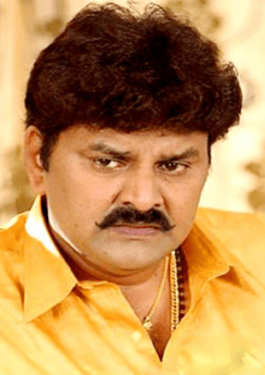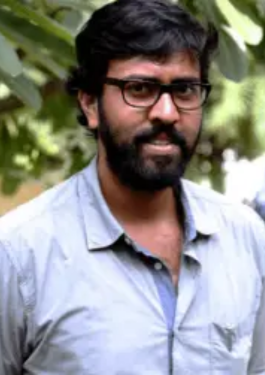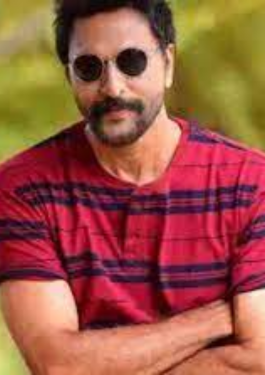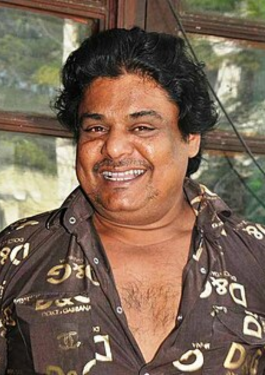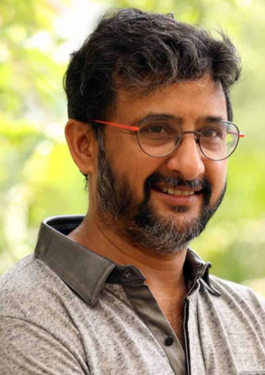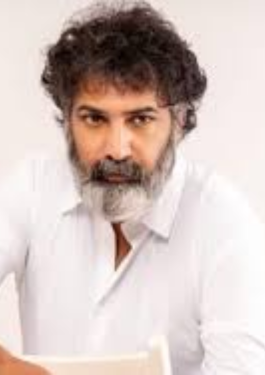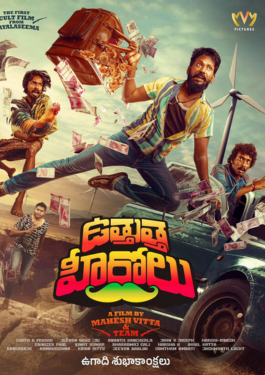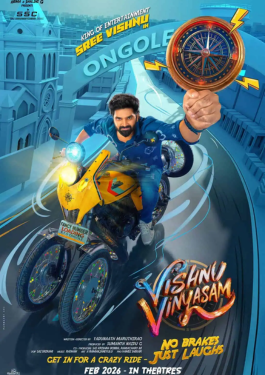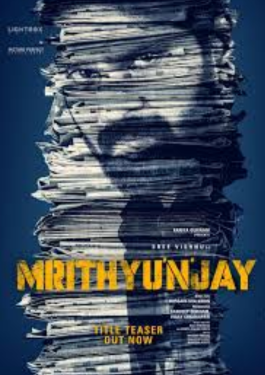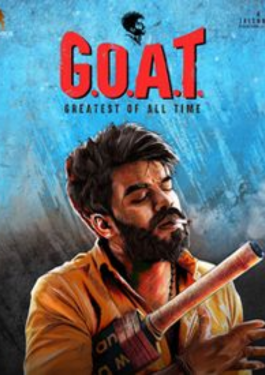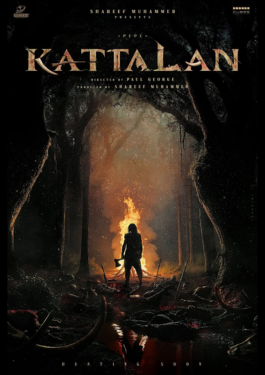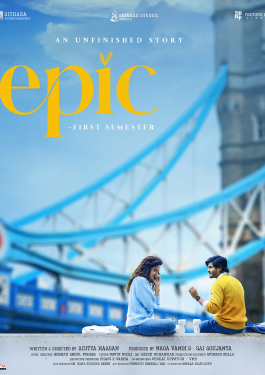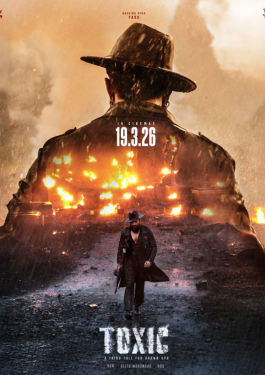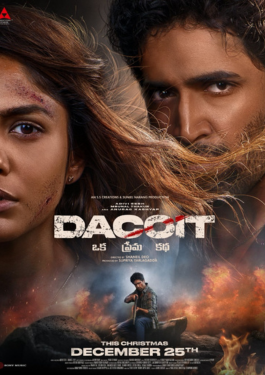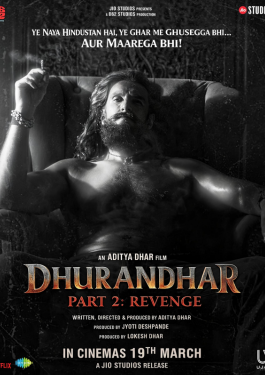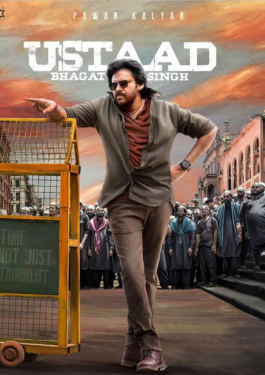- June 18, 2024 / 12:15 PM ISTByFilmy Focus
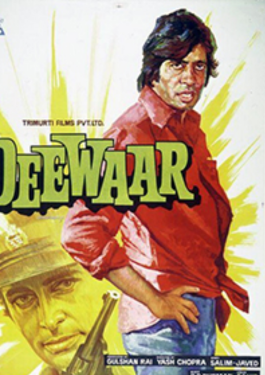
Deewaar
- Action
- Crime
- Amitabh Bachchan (Hero)
- Kabir Bedi (Heroine)
- Yash Chopra (Director)
- R. D. Burman (Music Director)
- Gulshan Rai (producer)
Hindi
TheatreStory:
Deewaar is a 1975 Indian Hindi-language action crime film written by Salim–Javed and directed by Yash Chopra. The film stars an ensemble cast of Shashi Kapoor, Amitabh Bachchan, Neetu Singh, Nirupa Roy, Parveen Babi, Iftekhar, Madan Puri, Satyen Kappu and Manmohan Krishna. The music was composed by R. D. Burman. The film tells the story of a pair of impoverished brothers who struggle to survive in the slums of Mumbai, and eventually find themselves on opposing sides of the law. The title Deewaar (“wall”) signifies the wall that has sprung up between the two brothers, drawn apart by fate and circumstances in a time of socio-political turmoil.
PLOT
Anand Verma, a trade union leader working hard to better the lives of struggling labourers, lives in a modest home with his wife, Sumitra Verma, and their two young sons, Vijay Verma and Ravi Verma. Anand Verma is blackmailed by a corrupt businessman, Badri Prasad, who threatens to kill his family if Anand does not cease his protest activities. Forced into compliance, Anand is despised and nearly beaten to death for his betrayal by the angry labourers, who are unaware that he was blackmailed to do so. Unable to bear the humiliation, Anand escapes from the town and decides to spend his remaining life aimlessly travelling in trains, deserting his family for whom he had abandoned his principles and ideals. Meanwhile, the labourers also persecute Anand’s family; some of them kidnap Vijay and tattoo his left arm with the Hindi words “मेरा बाप चोर है” (English: “My father is a thief”). In desperation Sumitra brings Vijay and Ravi to Mumbai, and resorts to low-wage manual labour to raise her sons. Their home is on the footpath under a huge bridge that is home to millions of homeless urban poor who have been driven out in attempts at city development by the state.
As the two brothers grow up to be young men in the slums of Mumbai, Vijay has an acute awareness of his father’s humiliation, for he has been victimized for his father’s supposed misdeeds and is reminded of his past by the ever-present tattoo on his arm. He even refuses to enter a temple, for he wishes to chart his own destiny and not beg for it from God. Ravi, on the other hand, is a perfect citizen and is unwavering in his commitment to law and righteousness. All his attempts at obtaining a job are in vain but he romances Veera, the daughter of DCP Narang, by whom Ravi is sent for police training and soon earns the rank of Sub-Inspector. Meanwhile, in the process of fighting for his rights, Vijay begins as a shoeshiner and becomes a dockyard labourer in his youth. He beats up several henchmen of a merciless crime lord, Samant. Discovering this, Mulk Raj Daavar – one of Samant’s rivals – hires Vijay to protect his smuggled gold that has three times been hijacked by Samant. Vijay sells the information to Samant to help him hijack the gold, then takes the money from Samant, captures the gold from his warehouse and hands it over to Daavar. An impressed Daavar rewards Vijay with a huge sum of money, allowing him to purchase a palatial home for his family.
Meanwhile, Ravi is provided with his first assignment by Veera’s father to apprehend and arrest some of the hardcore criminals and smugglers in Mumbai, which include his brother Vijay. Ravi is shocked, for he had never associated his own brother with criminal activities and must now decide between apprehending Vijay and quitting the police force. Initially reluctant to act against his own brother, he is later moved when he non-fatally shoots in the leg a poor boy who had stolen a few loaves of bread, in an attempt to stop the boy from running. When a remorseful Ravi visits the boy’s family at their home, offering them some rotis and confessing his action, the boy’s angry mother berates Ravi and accuses him of colluding with the state in protecting those who store goods in warehouses, and hunting down petty thieves trying to feed their starving families. However, the boy’s father forgives Ravi and justifies the shooting by stating that the stealing no matter of a “lakh” or of food is a crime, and that all criminals should be treated equally and it would lead to anarchy if all the poor and needy resort to the same life, which finally motivates Ravi to agree to take the case from Veera’s father. When Ravi discovers that Vijay has accquired wealth by crime, he decides to leave the palatial house and go to live in his police quarters along with Sumitra, who too is disgusted with Vijay and even refuses to accept his gift of the high-rise apartment where she had once worked as a manual labourer.
Ravi completes his assigned task by arresting many associates of Daavar’s gang; even Daavar is arrested, causing a feud to develop between Vijay and Ravi. Vijay enters into an intimate relationship with a young woman named Anita, whom he meets at a bar. Anand’s dead body is discovered inside a train, and his last rites are performed by Vijay. As Vijay, Ravi and Sumitra lament the death of Anand, Anita advises Vijay to erase the tattoo on his arm through plastic surgery, but Vijay refuses, stating that surgery would not erase his fate in the past. Anita then reveals to Vijay that she is pregnant with his child, but she would not force him to marry her and would raise the child by herself. However, Vijay, not wishing anyone to tattoo on the arm of his own child that his father is a thief, decides to abandon his life in the underworld so that he can marry Anita, confess his sins to the police and seek forgiveness from Veera, her father, Sumitra and Ravi.
However, Samant and his henchmen arrive and murder Anita in revenge. Anita dies in the arms of Vijay, who retaliates by brutally murdering the killers, thus branding himself forever a criminal. Sumitra, who had always sided with Ravi despite the fact that Vijay was her favourite, is tormented by Vijay’s decisions and rejects him. Ravi, pleading with Vijay to stop running and surrender, ends up shooting him in the arm and heart fatally, before the dying Vijay uses a car to escape from Ravi and has it crashed into the wall of a temple, where he reunites with Sumitra and pleads forgiveness. Vijay then dies in Sumitra’s arms, just as Ravi arrives at the temple and is completely distraught over his action towards Vijay. The film ends with Veera’s father and the Maharashtra police presenting an award to Ravi along with Veera and Sumitra for his successful pursuit of justice, though Ravi is still filled with remorse for killing Vijay.
More Details
| Director | Yash Chopra |
|---|---|
| Story | Salim–Javed |
| Screenplay | Yash Chopra |
| Dialogues | Yash Chopra |
| Cinematography | Kay Gee |
| Editor | T. R. Mangeshkar |
| Music | R. D. Burman |
| Producer | Gulshan Rai |
| Cast | Amitabh Bachchan Kabir Bedi Satyen KappuBhagwandas Moolchand LuthriaJagdish RajpurohitAdi Irani, Neetu Singh |
| Release Type | Theatre |
| Language | Hindi |
| Production | Trimurti Films Pvt. Ltd |
| OTT Platform | NA |


